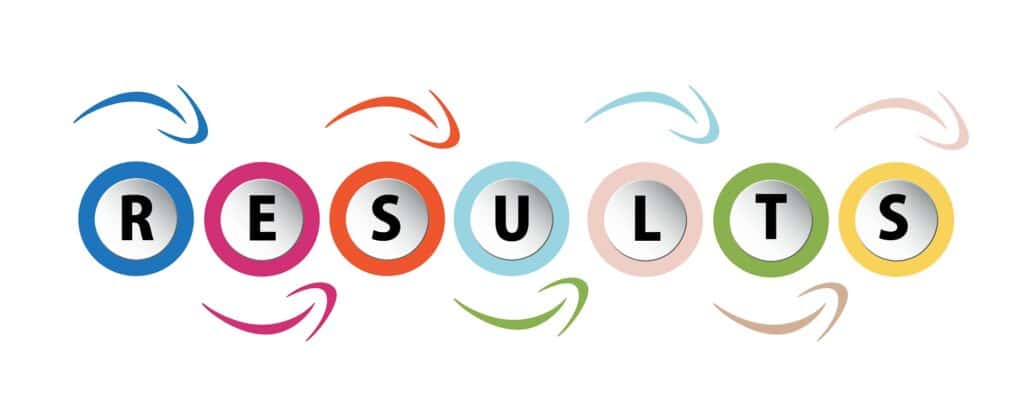As the conversation broadens from how to deal with the pandemic? to include what can we learn, what systems to change in light of covid 19? I am struck by two overall approaches that seem to be emerging:
- The new ways of schooling have shown how out-of-date and and broken our previous practices were. We will get by without the mass testing industries this year – this shows that they are not needed. We have a chance to re-imagine the whole system, to reinvent education for the better. Technology will offer utterly new possibilities.
As opposed to:
- We have learnt that schools are social places; that students and teachers need to be together and that face-to-face learning is unsurpassed. Getting back to normal is the most important thing. Our structures and practices were already well-matched to student needs, and we need to get past this disruption and stick with what we know works.
I have great sympathy for elements in both of these perspectives; but it is critical that we don’t automatically filter the covid data to fit our pre-existing theories. The danger is that we use the crisis an an opportunity to strengthen pre-existing agendas rather than genuinely look at new facts to re-examine the assumptions and theories behind our agendas. I think it was Mark Twain who said something along the lines of whatever may be true in theory, remember that theory tends to fail in the presence of fact.
So here I want to explore one obvious fact that I think is important, as we consider the impact of remote learning. It’s simply this – that it’s not just that we are trying remote learning; it’s that we are trying remote learning as part of a crisis that is wider than education and that has other social elements to it. I am just at the beginning of my thinking here, but there are two points that seem important.

everyone equally makes it a lot more palatable.
Firstly, all parents have been (forcibly!) reminded that schools perform a childminding function as well an educational one. We don’t often talk about it as the childminding arises as a byproduct of schooling; because (duh) schooling happens at school. Until now, that is, when schooling and education have been separated, and when the critical social function of childminding becomes extremely obvious. Our societies are not generally set up to allow most families the liberty to be as involved in their kids’ education as they are required to be now. It could, therefore, be that perhaps the only reason remote learning is working at all is that such a high proportion of us adults are at home at the same time as our kids. I do not know how effective remote learning would be if so many jobs had not also gone remote; certainly any students who have not yet developed independent learning habits would be struggling (as parents of infants and primary school children know all too well). If this is right, then what’s happening now is not necessarily a model for anything in future unless it’s accompanied by wider social change.
Secondly, I have a hunch that it is significant that all families (as well as most members of each family) are in this together. Schools have been closed by government order, not by school choice – again, highlighting the systemic more than the educational issue. There is something important about the value of shared experiences; and the mandatory nature of this is a great equaliser. If there were choice for families, there would be a great deal of understandable angst and worry about which option was better and around making a poor choice. Comparisons of experiences would be (even more) rife, and these tend to led to dissatisfaction all round; as these comparisons tend to polarise around, for example, the two perspectives I gave at the start.
With this systemic approach in mind, challenging questions are raised about return to school:
- If we cannot bring everyone back at once, on what basis should we prioritise?
- How will return to school synchronize with parents returning to workplaces?
- Is there any room for choice here, or should we require the same experiences for all?
Of course these questions may not be in the gift of school to answer; different countries mandate different things. There are also much bigger questions, related to the perspectives stated at the start of this post. But in both cases it seems vital that we see schooling as part of a much broader system, with new data, so that we can make wise decisions.
Thanks to Ellie Alchin for ideas on social networks here.


